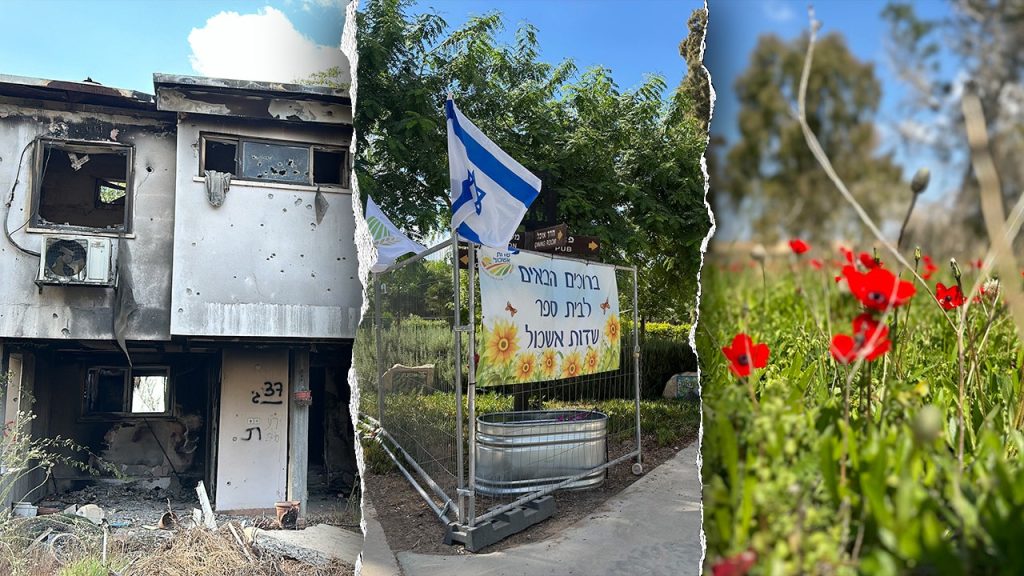The kibbutzim near the Gaza Strip were once picturesque but also the most bombarded areas in Israel, with residents facing a harsh reality. On October 7, Inbal Liberman, the security coordinator of Kibbutz Nir Am, displayed courage by distributing arms to the rapid response team and engaging in battles with Hamas terrorists, preventing a possible massacre. Despite the ongoing tension and trauma caused by the attack, residents have shown resilience and determination.
Following the October 7 attack, 15,000 people were evacuated from the kibbutzim in southern Israel. While about 70% have returned home, six communities severely affected by the attack have yet to return. Families from these communities have found temporary housing in other kibbutzim, maintaining a sense of community and togetherness during these challenging times. The ongoing trauma is compounded by the uncertainty of hostages still held by Hamas in Gaza, creating a complex decision-making process for those considering returning home.
Ayelet Harris, head of the community division in the Kibbutz Movement, highlighted the key role of kibbutzim in Israel’s history and the importance of community, equality, and shared labor in these communities. Residents have displayed a deep sense of ownership and resilience, prioritizing the mission of returning home despite the uncertainties and psychological barriers. For many, returning to the kibbutz means facing the horrors that occurred there, including the loss of friends and family.
In Kibbutz Gvulot, the contrast between children’s laughter and the reality of their lives is stark. The school on the kibbutz has been improvised from existing structures, with a focus on providing a safe and stable environment for the children despite the trauma they have endured. The community is determined to move forward, ensuring that the children have a sense of normalcy and hope for the future. Despite the challenges they face, residents remain resilient and committed to preserving their country and way of life.
Kibbutzim leaders like Ofer Liberman and Lior Dafner emphasize the importance of returning home and holding their place in Israel, despite the ongoing threats and hardships. They acknowledge the unwelcoming nature of the world towards the Jewish people and view Israel as the only safe haven for the Jewish community. They express hope that the fighting will end, hostages will be brought home, and they can once again live in the paradise that their communities once were, with a sense of togetherness and resilience prevailing. Through their stories, residents of the kibbutzim near the Gaza Strip showcase strength and determination in the face of adversity.















